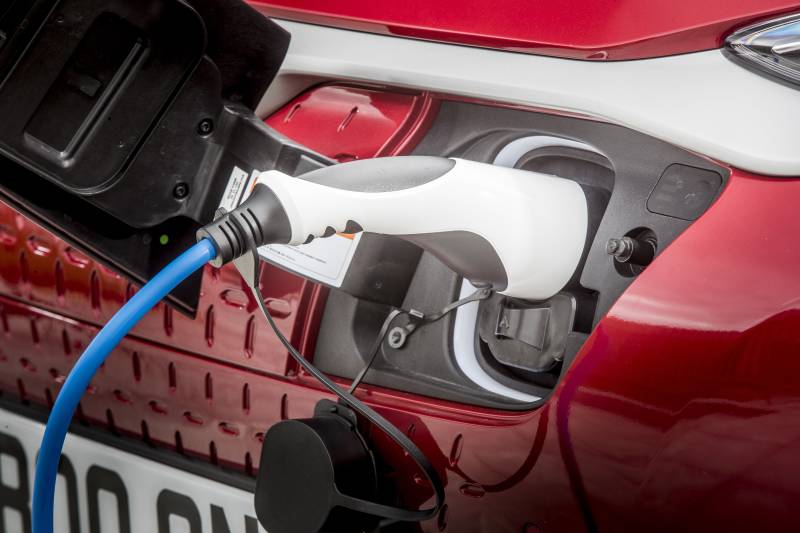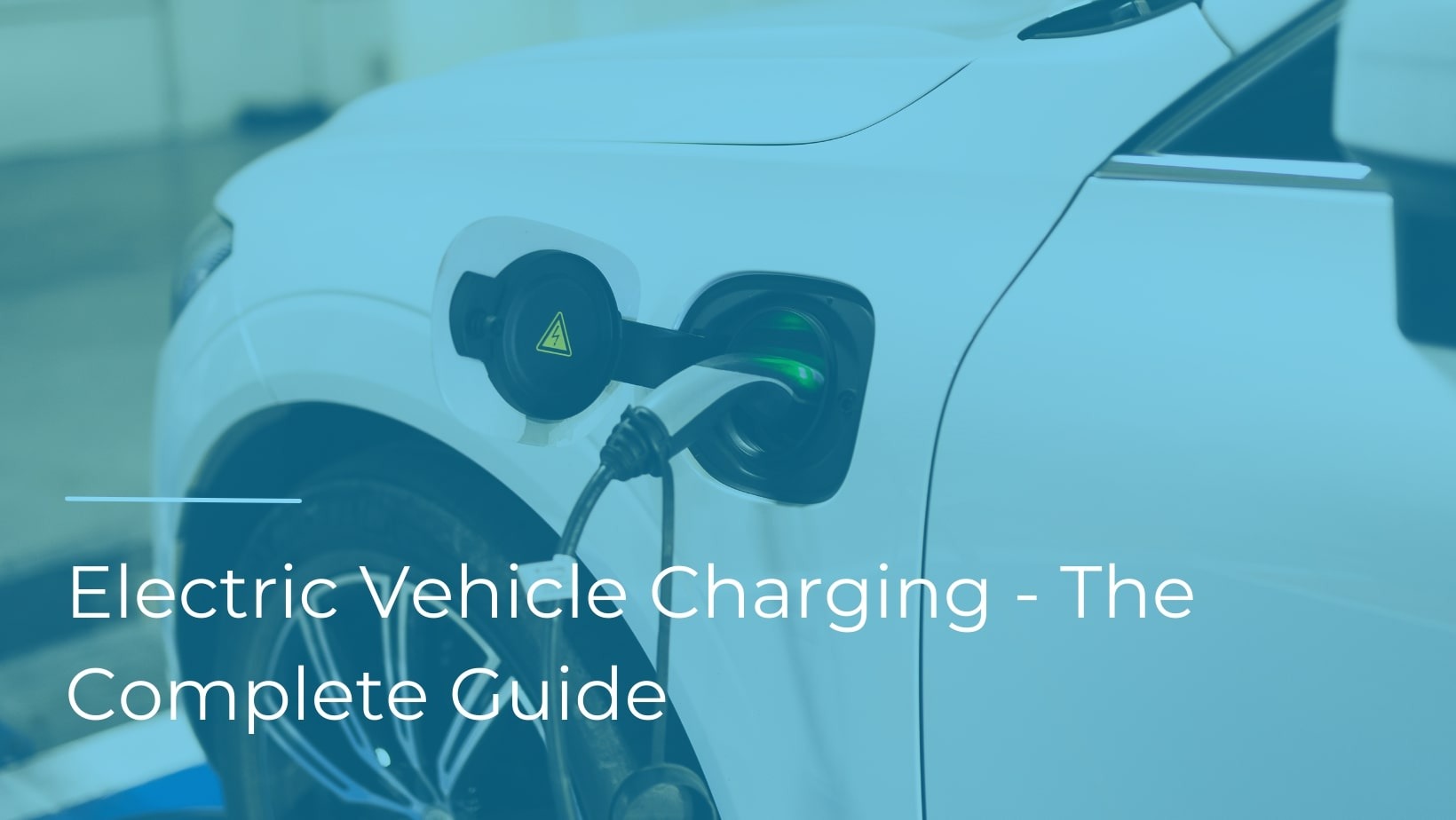How Does Electric Vehicle Charging Work?
Electric vehicles (EVs) are gaining popularity as a sustainable transportation option, offering reduced emissions and lower operating costs. But have you ever wondered how these vehicles are charged? In this article, we will explore the workings of electric vehicle charging, from the basics to the future of this technology.
Understanding Electric Vehicle Charging
The Basics of Electric Vehicles
Electric vehicles are powered by rechargeable batteries, which provide energy to an electric motor that drives the wheels. Unlike traditional petrol or diesel powered cars, EVs require periodic charging to replenish their energy storage.
Types of Electric Vehicle Charging
There are primarily two types of electric vehicle charging: AC (alternating current) charging and DC (direct current) charging. AC charging is commonly used for home and workplace charging, while DC charging is suitable for fast charging at public stations.

Charging Equipment
To charge an electric vehicle, you need charging equipment, including an electric vehicle supply equipment (EVSE) and a charging cable. The EVSE acts as a bridge between the power source and the vehicle's battery, regulating the flow of electricity.
Home Charging
Level 1 Charging
Level 1 charging is the simplest and most basic way to charge an electric vehicle at home. It involves plugging the vehicle into a standard household outlet using a Level 1 charging cable. However, Level 1 charging is relatively slow, typically providing about 2 to 5 miles of range per hour of charging.
Level 2 Charging
Level 2 charging requires a dedicated charging station that operates at a higher voltage and provides faster charging compared to Level 1. These charging stations are typically installed at homes, workplaces, and public locations. Level 2 charging can provide around 10 to 20 miles of range per hour, depending on the vehicle and charging station capabilities.
Installation Considerations
When installing a home charging station, it is essential to consider factors such as electrical capacity, proximity to the parking spot, and safety regulations. Professional installation is recommended to ensure compliance with electrical codes and to guarantee safe and efficient charging.
Public Charging Stations
Level 2 Charging Stations
Public charging stations equipped with Level 2 chargers are becoming increasingly prevalent. These stations are commonly found in shopping malls, parking garages, and other public areas. Level 2 charging at these stations offers faster charging compared to home charging, enabling EV owners to top up their vehicle's battery while running errands or shopping.
DC Fast Charging Stations
DC fast charging stations, also known as Level 3 chargers, are designed to provide rapid charging for electric vehicles. These stations use high-powered DC electricity to charge the battery directly, bypassing the vehicle's onboard charger. DC fast charging can provide a significant amount of range in a short period, typically 80% charge in 30 minutes or less, depending on the vehicle and charging station.
Access and Payment
Access to public charging stations can vary, ranging from open access to membership-based networks. Some charging stations require an RFID card or smartphone app for authentication and payment.
The availability of charging stations and the cost of charging may vary depending on the region and charging network.
Workplace and Destination Charging
Many workplaces now offer charging facilities to support their employees who drive electric vehicles. These charging stations provide convenience and peace of mind, allowing employees to charge their vehicles while they work.
Destination charging at hotels, restaurants, and other public places is also gaining popularity, providing EV owners with the opportunity to charge their vehicles during their stay.
Charging Networks and Apps
To facilitate electric vehicle charging, various charging networks and smartphone apps have emerged. These platforms allow users to locate nearby charging stations, check availability, and even monitor the charging progress remotely. They help EV owners plan their routes, ensuring they have access to charging stations whenever needed.
Charging Speed and Time
Factors Affecting Charging Speed
Several factors influence the charging speed of an electric vehicle, including the vehicle's battery capacity, the charging station's power output, and the charging cable's specifications. Additionally, external factors such as ambient temperature and battery state of charge can impact charging speed.
Estimating Charging Time
Estimating the time required to charge an electric vehicle depends on the vehicle's battery capacity, the charging station's power output, and the desired charge level. Charging times can vary significantly, ranging from a few hours for Level 2 charging to under an hour for DC fast charging.
Charging Etiquette and Tips
Sharing Charging Stations
As the number of electric vehicles on the road increases, it is essential to practice charging station etiquette. EV owners should be mindful of others and avoid occupying charging stations longer than necessary. Sharing the charging infrastructure ensures fair access for all electric vehicle users.
Maximizing Charging Efficiency
To make the most of the charging process, it is recommended to charge the vehicle during off-peak hours when electricity rates may be lower. Additionally, pre-conditioning the vehicle's cabin temperature while connected to the charging station can minimize the use of battery power during driving, maximizing the vehicle's range.
The Future of Electric Vehicle Charging
Advanced Charging Technologies
Researchers and industry experts are continuously working on developing advanced charging technologies. These include wireless charging, ultra-fast charging, and vehicle-to-grid (V2G) integration. These innovations aim to further improve charging efficiency, reduce charging times, and enhance the overall electric vehicle ownership experience.
Expansion of Charging Infrastructure
As electric vehicles become more widespread, the charging infrastructure needs to expand accordingly. Governments, utility companies, and private entities are investing in the installation of charging stations across various locations to meet the growing demand for electric vehicle charging. This expansion will make charging more accessible and convenient for electric vehicle owners.
Electric vehicle charging plays a vital role in enabling the widespread adoption of electric vehicles. With various charging options available, including home charging, public charging stations, workplace charging, and destination charging, owning an electric vehicle has become more convenient than ever. As technology advances and the charging infrastructure expands, electric vehicle charging will continue to evolve, making electric transportation an increasingly viable and sustainable choice for individuals and communities.





